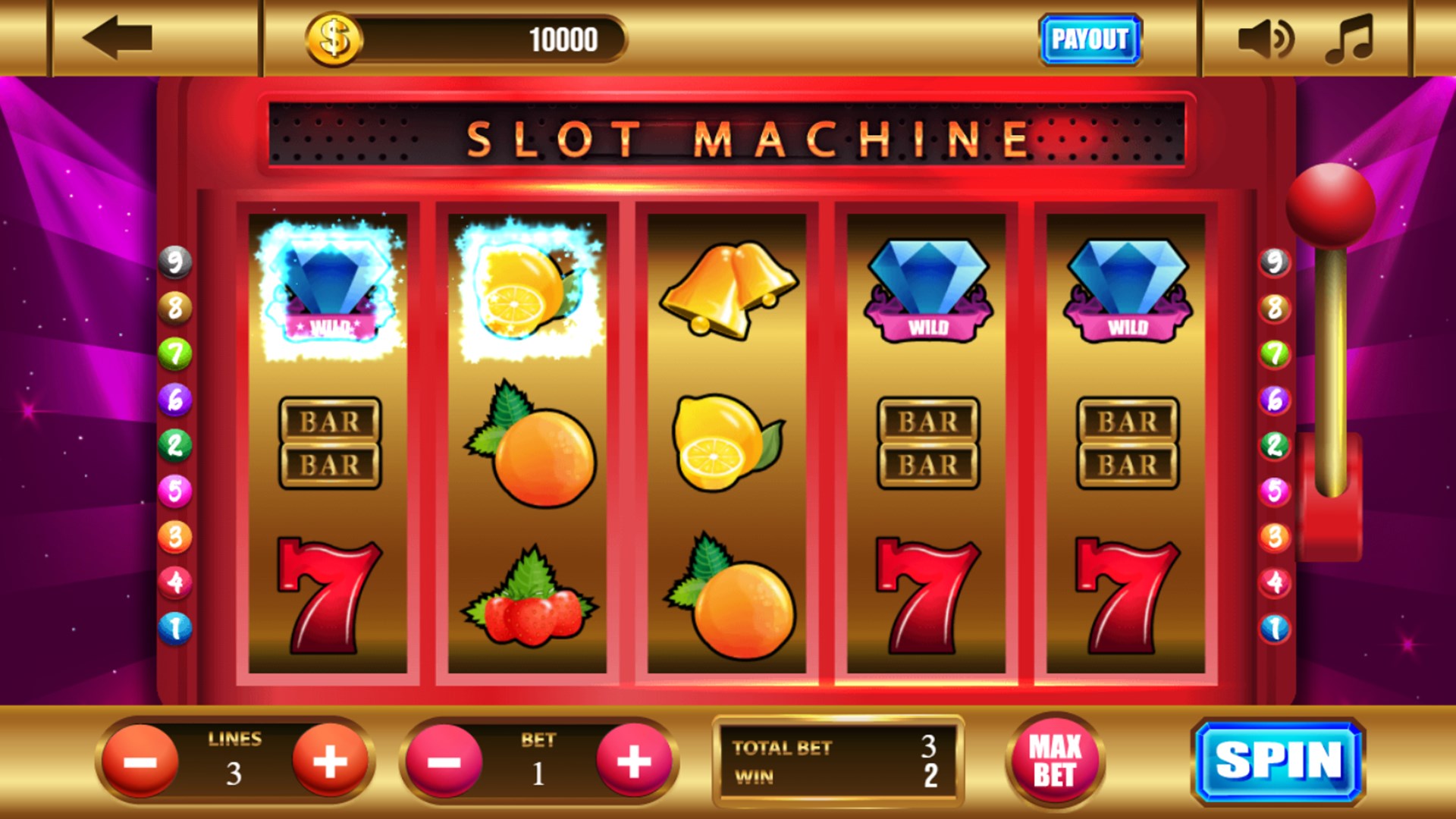On-line casinos have surged in reputation over the previous two decades, transforming the playing panorama and making a multi-billion greenback trade. This report examines the evolution, characteristics, regulatory challenges, and societal impacts of on-line casinos, offering a detailed overview of their current state and future potential.

One of many defining traits of online casinos is their accessibility. Not like brick-and-mortar establishments, gamers can gamble from the consolation of their houses or on-the-go by way of cellular units. This convenience has contributed to the rise of on-line playing, particularly amongst younger demographics who favor digital interactions. Market research indicates that cellular gaming has turn into a significant segment of the online casino industry, accounting for a substantial percentage of total revenues.
Nevertheless, the growth of online casinos has not been without challenges. Regulatory frameworks fluctuate considerably across jurisdictions, leading to a patchwork of legal and operational requirements. In some regions, on-line playing is fully authorized and regulated, whereas in others, it stays prohibited or operates in a gray area. This inconsistency poses challenges for operators, who must navigate complicated authorized landscapes to ensure compliance. Moreover, concerns concerning responsible gambling practices have emerged, prompting requires stricter laws to protect weak populations from gambling addiction.
The monetary facet of online casinos can be noteworthy. They function on a distinct financial model in comparison with traditional casinos, leveraging decrease overhead costs to offer aggressive odds and bonuses. Gamers are often attracted by welcome bonuses, free spins, and loyalty packages designed to enhance their gaming expertise and encourage repeat play. However, the profitability of on-line casinos can be volatile, influenced by elements corresponding to competition, regulatory modifications, and fluctuations in client preferences.
Societal impacts of online casinos are multifaceted. On one hand, they have created jobs and contributed to native economies via taxation and regulatory charges. On the other hand, there are issues concerning the potential for elevated gambling-related hurt, notably amongst prone individuals. Research have indicated that on-line gambling can result in larger rates of addiction, as the ease of access and anonymity might exacerbate problematic behaviors. Because of this, many on-line casinos are implementing accountable playing measures, corresponding to self-exclusion options, deposit limits, and entry to assist assets.
In conclusion, on-line casinos symbolize a dynamic and evolving segment of the gambling business, characterized by speedy technological developments and altering shopper behaviors. Whereas they provide considerable economic benefits and entertainment worth, the challenges related to regulation, addiction, and societal impression necessitate ongoing scrutiny and proactive measures. As the panorama of on-line gambling continues to shift, stakeholders should work collaboratively to stability innovation with accountability, ensuring a sustainable future for this burgeoning industry.
